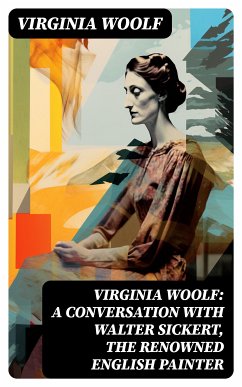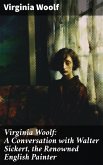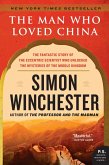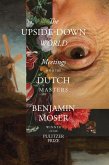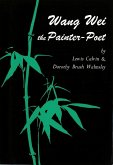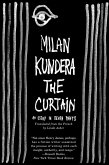In "Virginia Woolf: A Conversation with Walter Sickert, the Renowned English Painter," readers are invited into an innovative intellectual exchange between two towering figures of the early 20th century. Woolf's prose is characterized by its stream-of-consciousness style and modernist sensibilities, as she deftly weaves together themes of aesthetics, identity, and artistic ambition. The book explores Sickert's influence on Woolf's understanding of visual art, encapsulating a vibrant dialogue that reveals the subtleties of the creative process in both literature and painting. Through this conversation, Woolf captures the essence of the Bloomsbury Group's artistic milieu, establishing a unique context in which literary and artistic innovation blossomed. Virginia Woolf, a central figure in modernist literature, often grappled with the intersections of art, gender, and societal constraints, which were prominent in a patriarchal society. Her deep admiration for Sickert's work is reflective of her own artistic endeavors and her desire to challenge traditional forms. Woolf's own experiences as a member of the avant-garde Bloomsbury Group enriched her perspective, allowing her to engage with artists and thinkers who would shape her literary vision. This book is highly recommended for those interested in the interplay between literature and the visual arts, as well as anyone eager to understand Woolf's sophisticated reflections on creativity. It offers a compelling exploration of how artistic dialogues inspire literary expression, making it an essential read for scholars, students, and enthusiasts of modernist literature.
Dieser Download kann aus rechtlichen Gründen nur mit Rechnungsadresse in A, B, BG, CY, CZ, D, DK, EW, FIN, F, GR, H, IRL, I, LT, L, LR, M, NL, PL, P, R, S, SLO, SK ausgeliefert werden.

